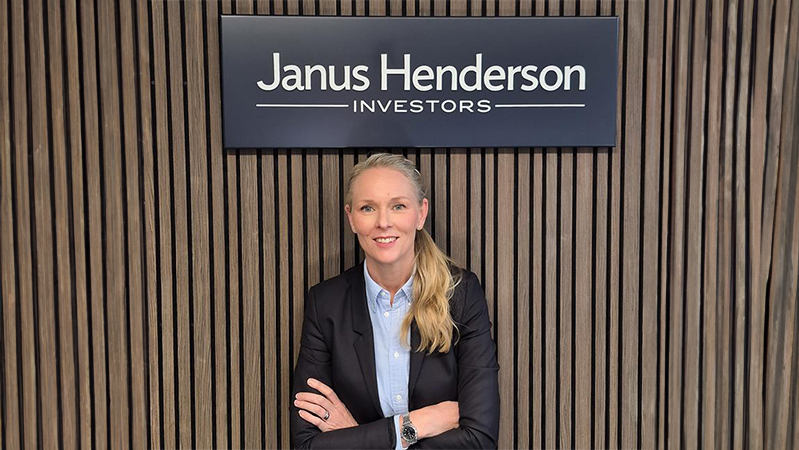Kames Capital’s chief investment officer Stephen Jones, said: “The valuations on emerging market equities have got to a point where they now look attractive. Emerging markets have become distressed in terms of their prices, and while the headwinds from a strong US dollar and slowing global growth remain, the bad news is largely in the price now.”
The group had been underweight across its portfolios for much of the past year. Jones added: “A neutral position on emerging market equities is the sensible place to be in the fourth quarter and then investors need to reassess next year, taking into account data from the US which will dictate when interest rates rise.”
The group has also become more positive on hard currency emerging market debt on the basis that spreads had become too attractive to ignore.
However, other groups continue to believe it is too soon to revisit the asset class. Anna Stupnytska, global economist at Fidelity Worldwide Investment, said in a recent asset allocation update: “Emerging market fundamentals remain weak due to multiple headwinds (external and domestic), but some stabilisation in China activity in the fourth quarter should help arrest the ongoing deterioration in Asia and broader emerging markets, at least to some extent.
“Moreover, the Fed’s dovish stance and the potential for the first rate hike to be pushed out into 2016 may also provide some temporary respite for EM assets. However, this respite might be too short-lived to affect fundamentals in a meaningful way.” The group remains underweight.
Equally, the JP Morgan Multi-Asset Solutions team believes better opportunities lie in developed markets. Michael Albrecht, associate global strategist in the team said: “The recent selloff of global developed market equities constitutes an overreaction to disappointing economic data, and reaffirms our view of being overweight developed market vs. emerging market equities.”s
Kames’s Jones added that with US growth slowing, it may mean that interest rates remain lower for even longer. Therefore, equities in general look attractive, especially after the recent pullback across most markets: “We are overweight equities as a house, as valuations are now at more attractive levels. Companies that can deliver earnings will continue to be rewarded,” he said.
“However, this is a stock pickers market, and in the current environment investors need to be more discerning about what they hold, as falls of between 10-20% for individual companies delivering disappointing news are becoming more common.”
Jones also favours Europe as valuations on the continent look compelling: “With quantitative easing continuing in Europe and growth offering the potential to surprise on the upside, it looks like one of the most attractive regions.” He said.















